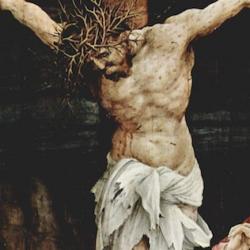OK, so you want poetry? Try this.
Macbeth, 1.6.1-3, Duncan speaking:
“This castle hath a pleasant air. The air / Nimbly and sweetly recommends itself / Unto our gentle senses.”
Put aside the fact that Duncan is at the gate of hell, and that he’s wholly deceived about the atmosphere of Dunsinane. The lines are an aural painting of their sense. They skip along on short vowels and repeated s’s. They are as nimble and sweet as Duncan thinks the air.
Then this from 3.2.51-4, Macbeth speaking:
“Light thickens, and the crow / Makes wing to th’ rooky wood. / Good things of day begin to droop and drowse, / Whiles night’s black agents to their preys do rouse.”
Night is falling, and dark things are afoot. And again sound reinforces sense. These lines are anything but nimble; thickened light sounds viscous and sticky. The lines themselves droop and drowse, with their repeated double-o’s (4 times), their long vowels, their alliterated r’s and w’s. You don’t need to know what a “rooky wood” is to know you don’t want to be in one.
Imagery reinforces the sound. After Duncan speaks, Banquo comments on the presence of the “temple-haunting martlet,” a bird of good omen, a sign that “the air is delicate.” By nightfall, crows and ravens have taken over (as Garber, Shakespeare After All, 703, points out). For Duncan and Banquo, it’s all air, air, airy air. Macbeth’s world is a world of forest and predator.















